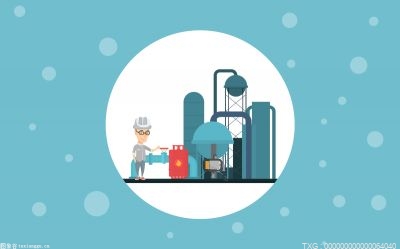Credit: newsroom.vw.com.cn
 (资料图片仅供参考)
(资料图片仅供参考)
BEIJING, July 7 (TiPost) —— The Volkswagen Group is committed to achieving sustainable growth against the backdrop of the ever-changing environment, according to the speech made by Volkswagen Group (China) Chairman and CEO Ralf Brandst[gf]e4[/gf]tter at the 2023 China Auto Forum on Thursday.
New energy car companies are used to selling at a loss, but traditional multinational car companies have been skeptical about such an approach. Brandst[gf]e4[/gf]tter believes that some car companies are highly dependent on the pure electric vehicle business and the fact that short-term sales growth relies on extremely high capital investment could leave many car companies at risk of elimination from the market. "We are better able to achieve a profit balance between fuel models and pure electric model business," said Brandst[gf]e4[/gf]tter.
According to data from the China Passenger Car Association, the passenger car market was in a downturn in the first quarter of 2023, with made-in-China passenger car retail sales of 4.261 million units, down 13.4% year-on-year and the lowest in three years.
While the fuel car market is shrinking, the new energy vehicle market is also facing a challenge. A number of experts and business people who participated in the forum on Thursday talked about how Chinese new energy vehicle players are caught in a dilemma to achieve profitability with a need to invest heavily in research and development at the same time. The Volkswagen Group hopes to achieve a "smooth transition."
The Volkswagen Group released its strategy through 2030 in July 2021. According to Brandst[gf]e4[/gf]tter, the company will continue to play a dominant role in the fuel car market and accelerate the development of pure electric products to foster the Chinese new energy market while developing its own business in this country.
The Volkswagen Group delivered 8.263 million vehicles worldwide in 2022, down about 7 percent year-on-year, but sales revenues were up 11.6 percent to 279.2 billion euros. The company said this was due to sales of deluxe models, portfolio optimization, and continued pricing discipline. The Volkswagen Group operating profit (without special item expenses) in 2022 increased by 12.5% year-on-year to [gf]20ac[/gf]22.5 billion.
Brandst[gf]e4[/gf]tter stressed that despite the overall shrinking fuel car market, the group is maintaining significant profitability thanks to its scale and cost advantages.
Volkswagen Group plans to launch a total of 17 new fuel models by 2030. The company is also pushing for a shift from fuel models to plug-in hybrids in the hope of gaining more opportunities in this market segment.
According to Brandst[gf]e4[/gf]tter, there is no conflict between fuel cars and intelligent technology, and the Volkswagen Group will work with joint venture partners to develop China-focused advanced driver assistance features and in-car navigation systems that will also be used in new fuel models.
Brandst[gf]e4[/gf]tter expects new energy vehicles as a percentage of total vehicles sold in the China market to exceed 30 percent in 2023, and exceed 50 percent by 2025.
The new Volkswagen Group joint venture, Volkswagen Anhui, will go into production by the end of 2023. Audi FAW New Energy Vehicle Co., Ltd. will start production in Changchun, Jilin, by the end of 2024.











